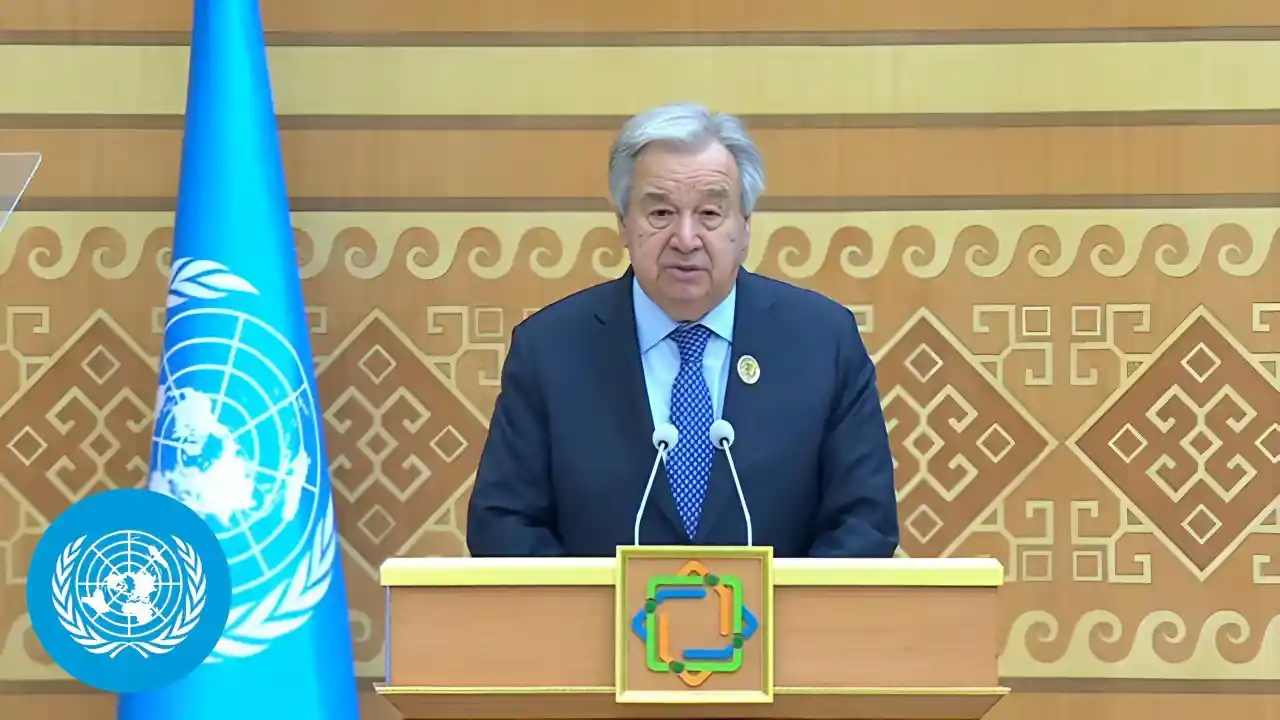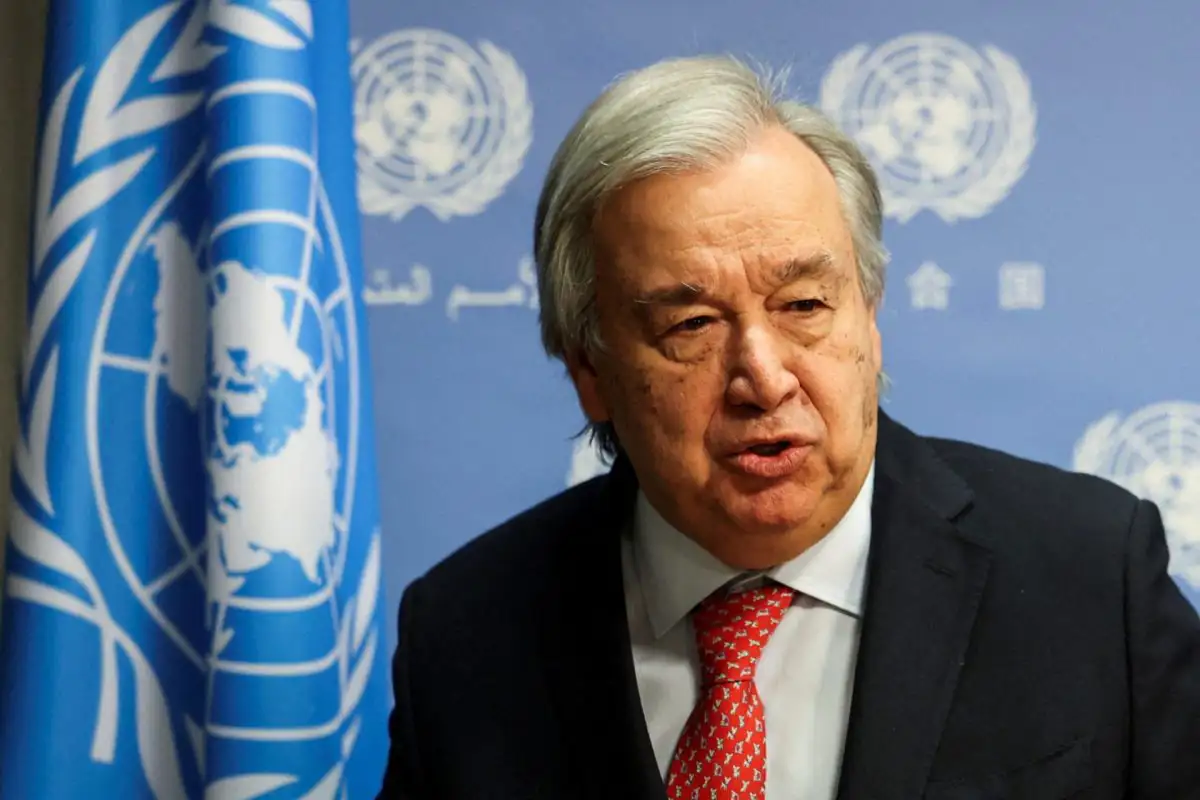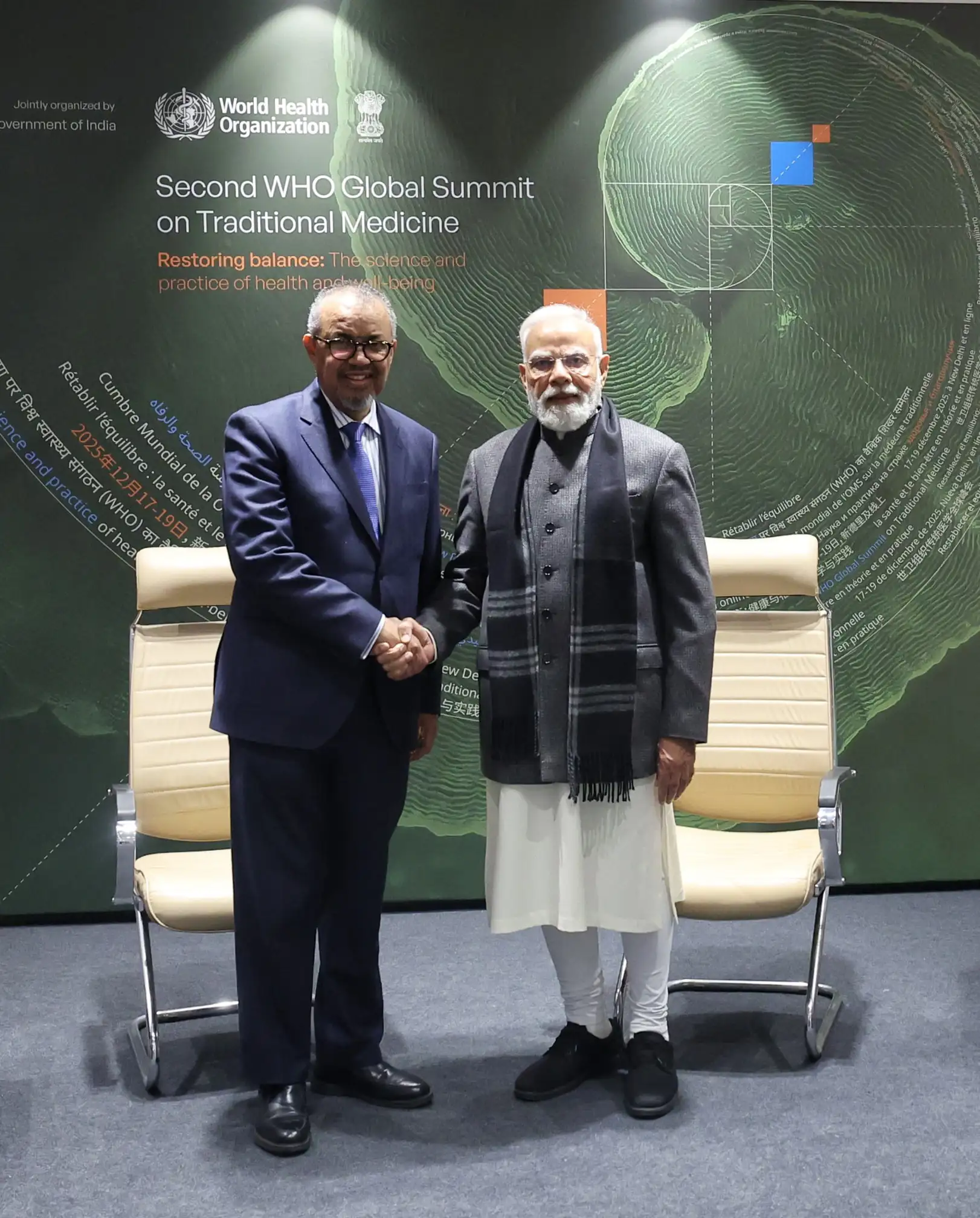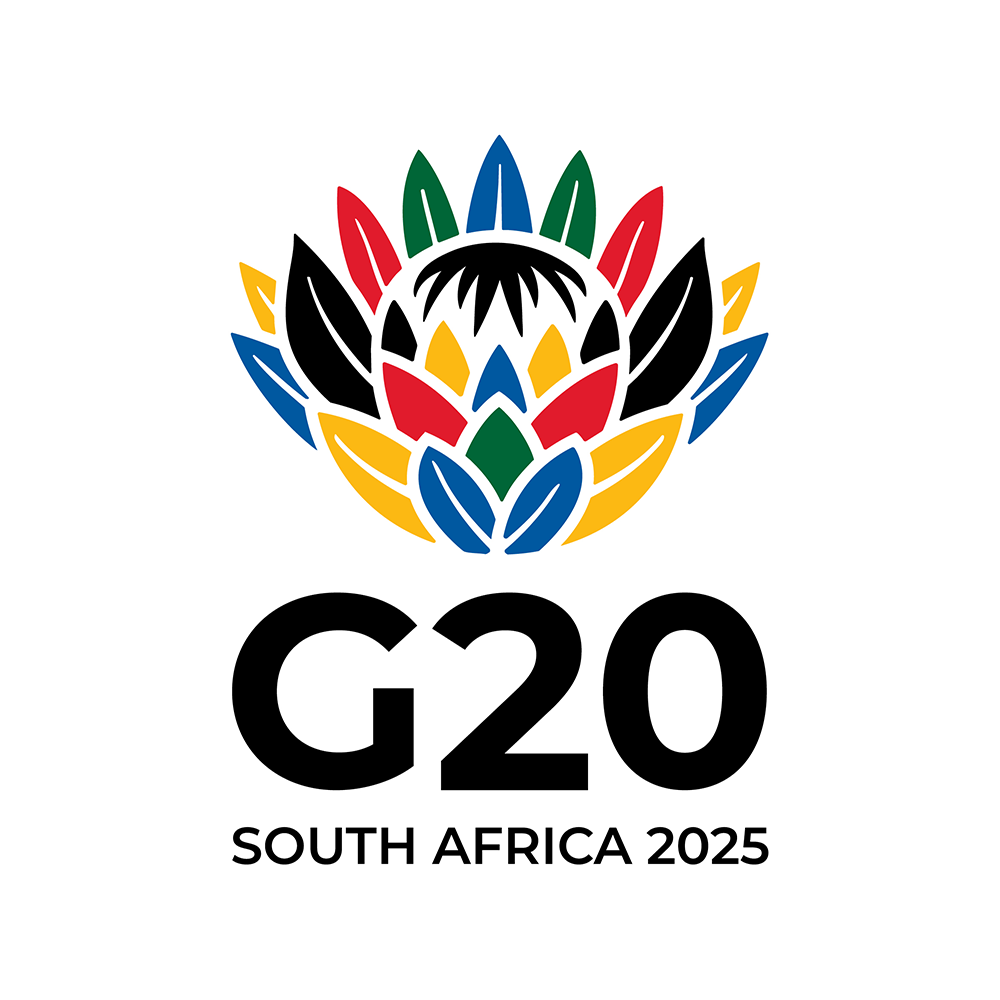The United Nations' third conference for landlocked developing countries commenced today in Awaza, Turkmenistan. During his opening address, UN Secretary-General António Guterres underscored the severe challenges faced by nations without direct access to the sea, stating that "no country should be left behind just because it lacks a sea outlet."
The triennial conference aims to foster international partnerships to accelerate inclusive and sustainable development for landlocked nations. Guterres stressed the need for a collaborative approach, urging "countries with sea outlets [to] work in cooperation with countries that do not have sea outlets."
Globally, there are 44 landlocked countries, 32 of which are developing nations. These countries are home to 500 million people who face significant hurdles, including high transportation costs, limited market access, and heightened vulnerability to climate change.
Ethiopia, with a population of over 120 million people, represents a quarter of the total population of these affected nations and is a key participant in the conference. The Ethiopian delegation, led by Minister of Transport and Logistics Alemu Sime, is engaging with stakeholders to highlight its unique challenges.
According to Fethi Mahdi (PhD), Deputy Chairperson of the House of People's Representatives' Standing Committee on Foreign Relations and Peace Affairs, a panel discussion held prior to the main conference addressed the economic and other pressures Ethiopia has endured since losing its sea access. He noted that the lack of direct maritime access is a major impediment to developing countries' efforts to improve the lives of their citizens.
Dr. Fethi also indicated that legislative bodies and parliaments must work toward implementing changes related to port development and alternative infrastructure. He pointed out that while Ethiopia has made considerable progress in strengthening its trade—even nearing membership in the World Trade Organization—the country is compelled to spend a substantial portion of its foreign currency on port rental fees, hindering its full development potential.
The conference, which will run for four consecutive days, is expected to cover a wide range of issues. The Ethiopian delegation is scheduled to hold both bilateral and multilateral discussions on the sidelines of the event.




